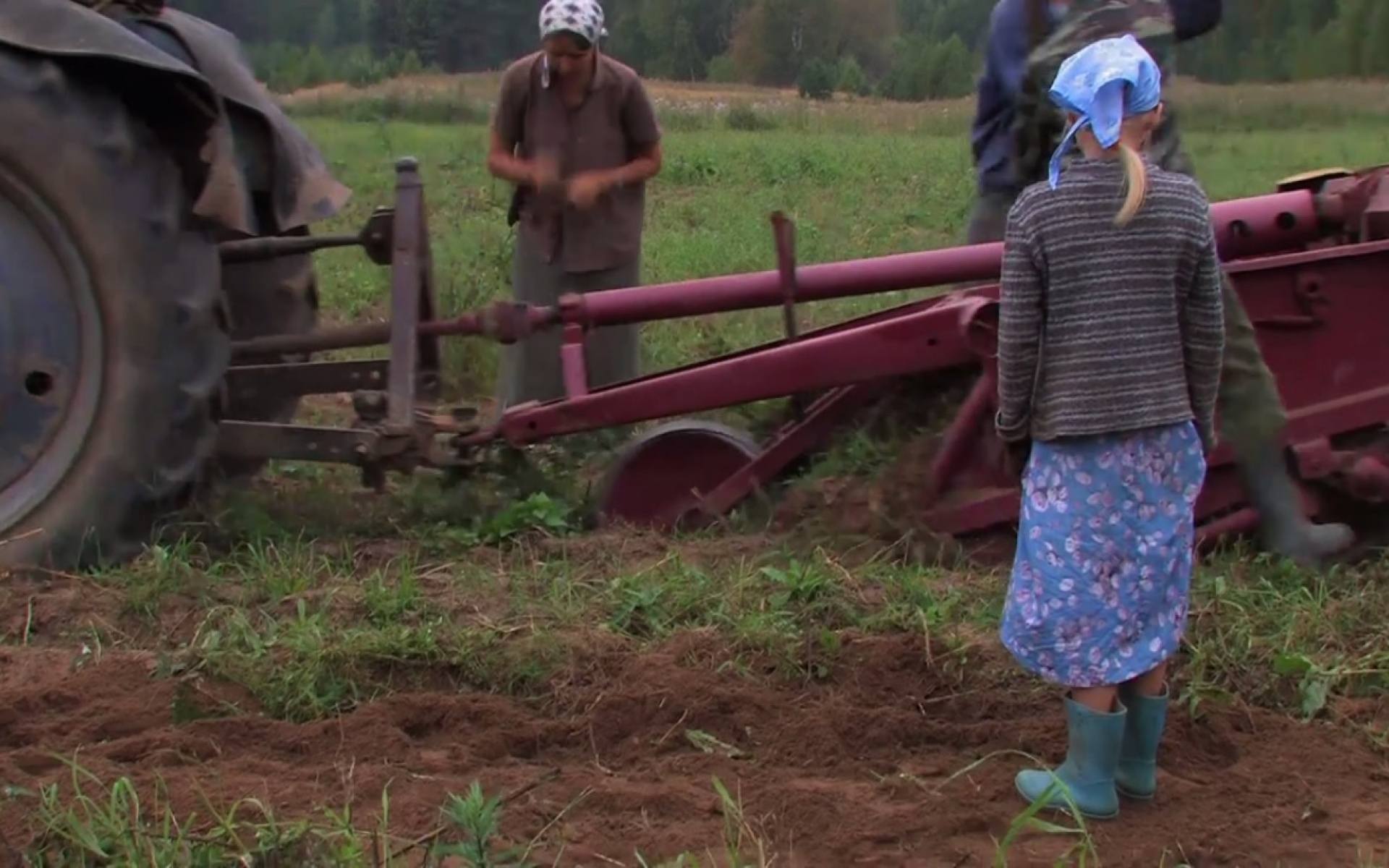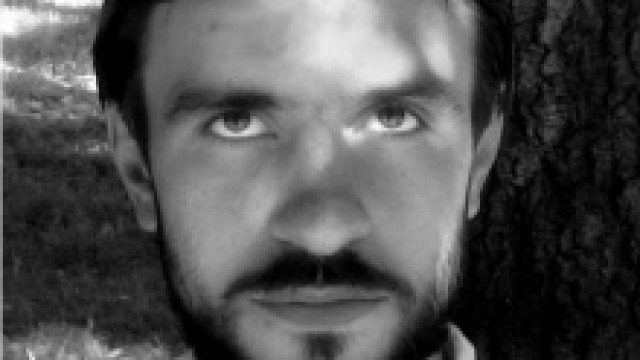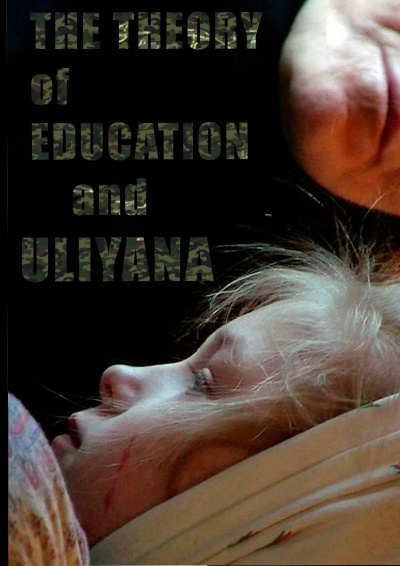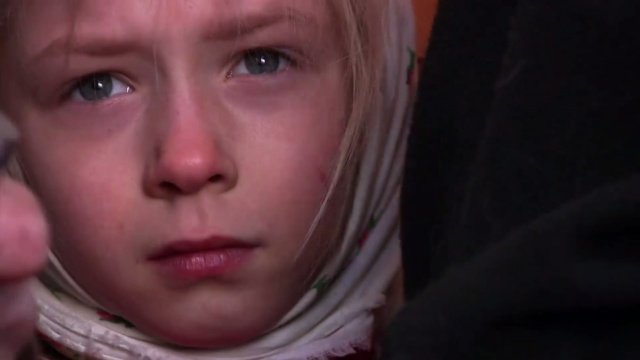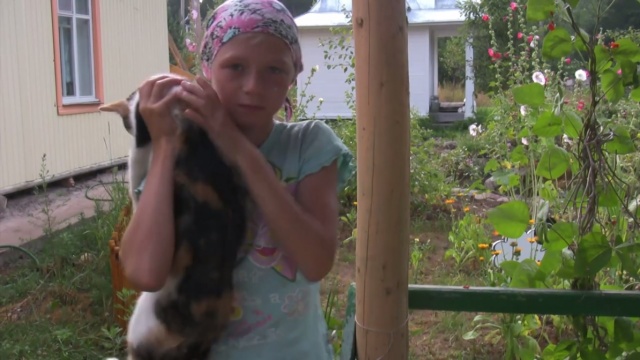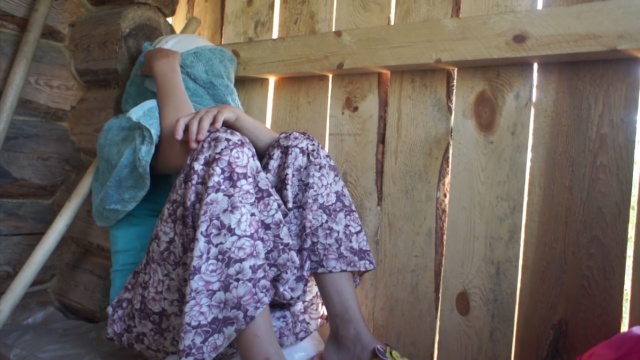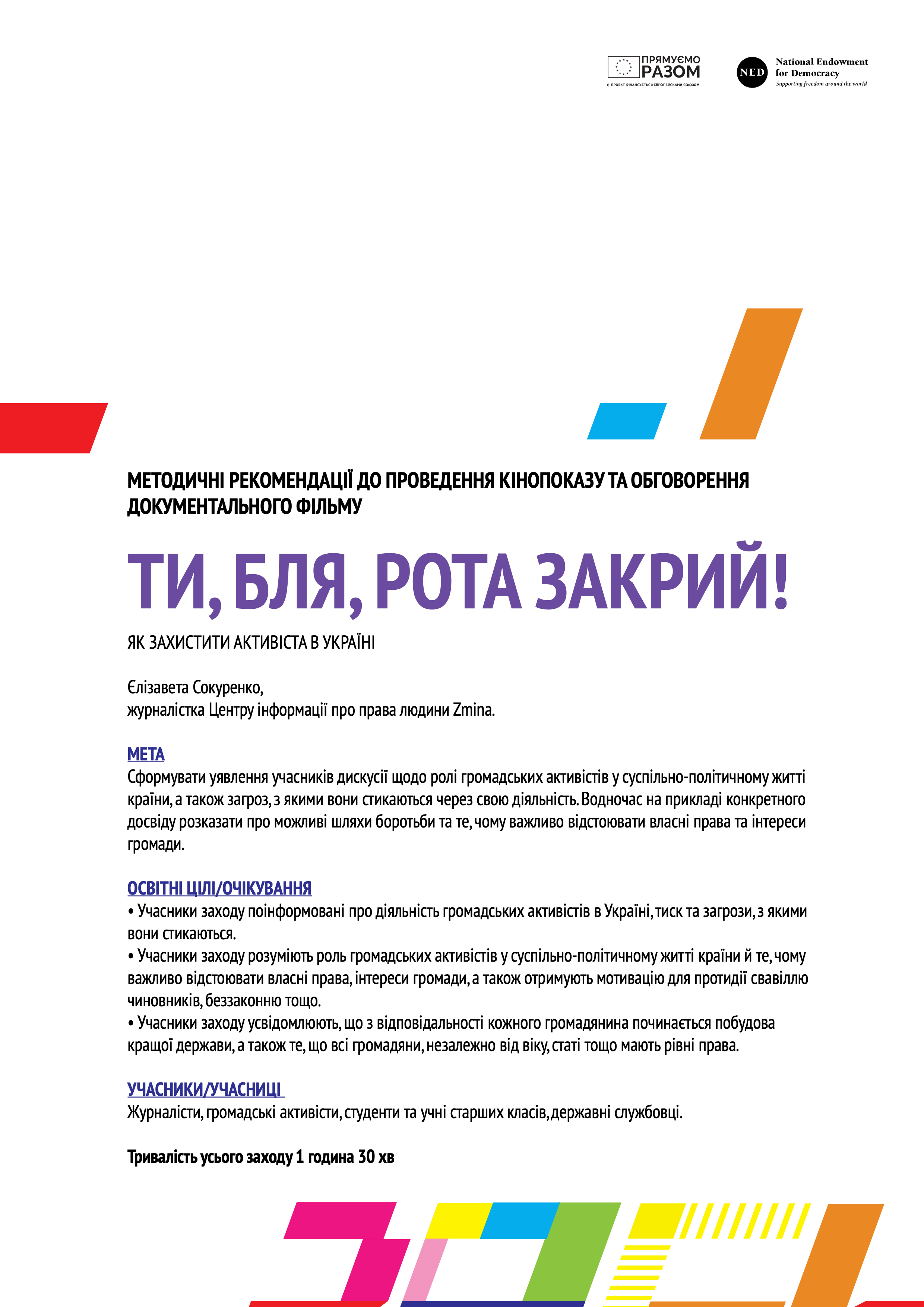First the film made me tense and then sad. The conditions in which the children grow up raise a lot of questions. The treatment of the children is cruel, prejudiced, their rights are violated, such as their right to leisure, right to health care and free professional medical help, to safe conditions for life and healthy development, to the standard of living sufficient for physical, intellectual, moral, cultural, spiritual and social development, the right to express their own opinion freely, to make up their own views, to develop their own social activity, their right to the freedom of conscience and religions beliefs. They abuse the exploitation of children’s labor. In general, it felt like time had stopped and the film was shot not in the 21st century but before 1861. The children are brought up obedient, thoughtless and capable of holding and using weapons. The question emerges, What for? Cruelty produced cruelty. Won’t they use the experience they gain in independent democratic states or in their families in the future? So the film raises a relevant problem. We had a lively discussion of the plot, and I’m glad to note that we were on the same wave. I’m looking forward to the next meeting!
